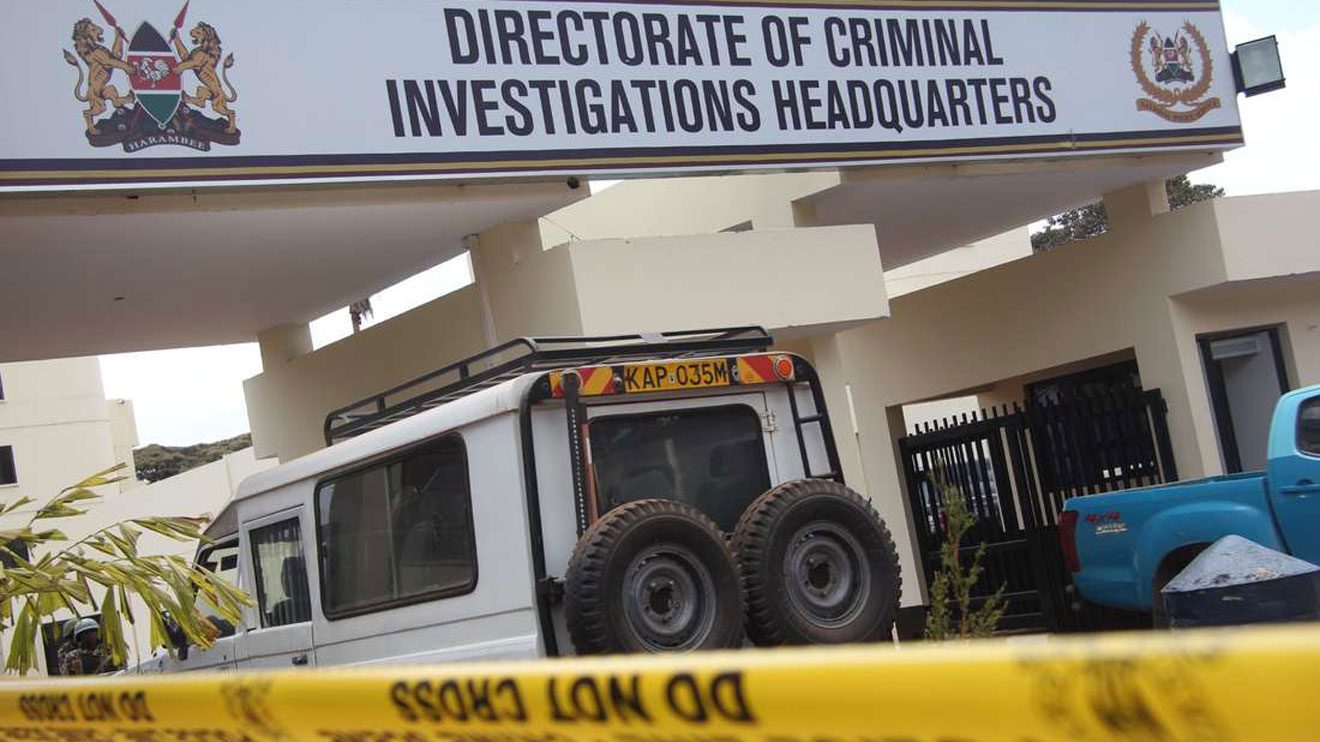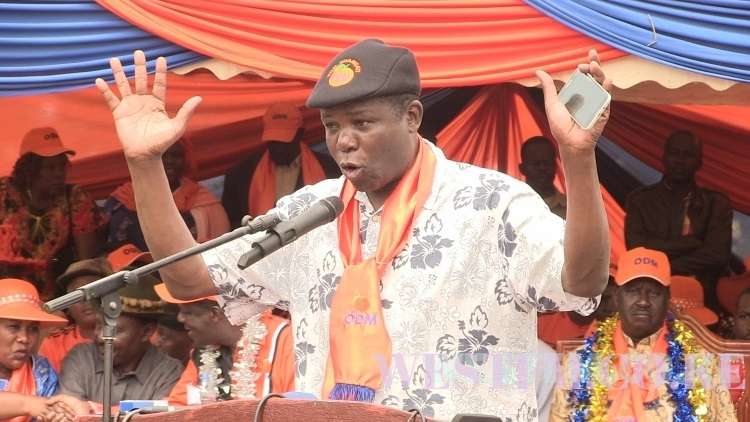By The Weekly Vision Team
Some of the questionable projects undertaken by former Kitui governor Charity Ngilu have come back to haunt her, almost three years since she left office. Last week, the senate committee on county public investments and special funds summoned former Kitui governor Charity Ngilu for grilling over allegations of misuse of public funds at the Kitui County Textile Centre (Kicotec).
The garment factory, established controversially in 2018 without any backing in law, was one of Ngilu’s much-hyped projects that went on to win national government tenders to manufacture police uniforms alongside those of chiefs and their assistants during the last regime.
In summoning the former governor for questioning, the senate committee led by its chairman, Vihiga senator Godfrey Osotsi, said they wanted Ngilu and top managers of the Kicotec to shed light on how hundreds of millions of shillings generated by the garment factory were banked and used. Of interest to the committee are financial records for 2019/2020, 2020/2021, and 2021/2022 financial years.
Ngilu, Kicotec’s board of directors at the time, and top county officials who signed financial statements for the factory are expected to appear at the senate this month. The Senate committee has also invited Ethics and Anti-Corruption Commission (EACC) officers to be present during the grilling to further investigate the alleged financial impropriety.
The committee noted that the factory faced serious financial challenges that resulted in delayed payment of salaries for its workers, lasting several months. On several occasions, the factory was shut down after it failed to pay for electricity bills.
“The committee hereby issues summons to the former governor of Kitui County Charity Ngilu, the former top management officials, and all officials who signed financial statements of the Kitui County Textile Centre for the cited financial years,” said Osotsi.
In her reports, the Auditor General (AG) issued adverse opinions about the factory’s financial records in the financial years under review, highlighting significant management and financial challenges that threatened its operations and sustainability.
For instance, according to the AG report for the year ending June 2022, there were anomalies in the payment of Sh 49.1 million as salaries and wages to casual employees. Similarly, for 2020/2021, the auditor flagged Sh56.7 million over irregular payment of casuals who had no signed contracts.
The Auditor General also questioned the irregular manner in which the factory’s bank account signatories were changed to include two chief officers without following due process. She has also cited a lack of payment vouchers for casual workers, which made it difficult to authenticate the payments.
The committee also established that some items at the garment-making factory, such as computerised sewing machines and mosquito net-making machines, were purchased at highly inflated costs, an indication that the public did not get value for money.




